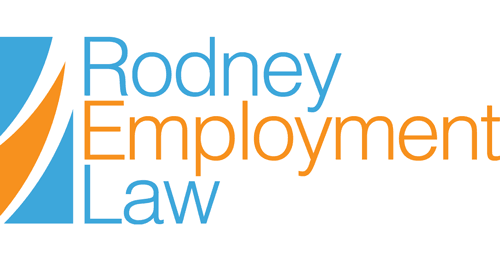A recent shake-up at American Apparel saw CEO and founder Dov Charney ousted from the company amidst a damning history of sexual harassment scandals. Scandal is old hat for Charney; he’s been plagued with claims of bizarre and inappropriate behavior since a peculiar interview with Jane magazine over a decade ago, and he has faced sexual misconduct allegations from employees before. Last month, American Apparel terminated Charney for just cause and business insiders are questioning the timing of the decision.
The stories of Charney’s conduct are graphic. He has been accused repeatedly of inappropriate sexual conduct with employees, frequently in the workplace itself. In 2010, a former employee accused Charney of sexually assaulting her during a job interview at his home, claiming that he made advances as soon as she entered his home and grew aggressive when she tried to protest.
The company has never been shy about selling sex. The brand rose to fame not only with scantily clad models, and advertisements frequently banned for their graphic nudity and sexual content. Stories of what happened within the office walls were equally as lewd, with tales of models walking around the office only in underwear, and Charney himself wearing even less. While Charney’s alleged prior conduct is inexcusable, why is his termination for cause only coming now?
The answer is more complicated than the salacious allegations against him. In his termination letter, posted on BuzzFeed, the American Apparel board accuses Charney of sexually harassing employees, paying off some of them with “significant” severance packages, and refusing to participate in sexual harassment training.
Charney, for his part as CEO, is not going quietly. He recently borrowed funds to raise his ownership to 43 per cent in an effort to maintain control while the Company’s board fights for his removal. The Company’s situation could be even more precarious if he is able to procure the last 7 per cent of shares needed to bring him back to majority control, and could quickly turn litigious.
The bottom line is that despite any financial arguments made by Charney or the board, his alleged conduct in the workplace is simply not permissible. While it is often said that “sex sells,” sexual harassment does not, nor should it. Treating sexual harassment as an acceptable workplace practice not only encourages discrimination, but the ensuing scandals and their surrounding negative publicity could expose a company to more than just legal challenges. Proper workplace conduct policies and training could largely help prevent situations like the one at American Apparel.
Claims of sexual harassment in the workplace need to be taken seriously, investigated thoroughly, and dealt with effectively so as not to damage a business. The manner in which an organization responds to these situations is extremely important, as it will often be scrutinized down the road. It is in an employer’s best interest to plan properly, engage effectively and respond reasonably. It is often wise to consult with an employment lawyer or HR expert to weigh suitable options, create an investigation plan and/or carry out the workplace investigation on the organization’s behalf.
If claims of sexual harassment have arisen in your workplace, or you feel you may be a target while at work, we are here to help. Contact us today to assist with your workplace investigation, to review your harassment policies, or if your business could benefit from some updated workplace training.
To read more about Workplace Harassment and how your company can tackle this complex issue, check out Rodney Employment Law’s recent article in the Canadian Payroll Association’s DIALOGUE Magazine http://ow.ly/vivEf
